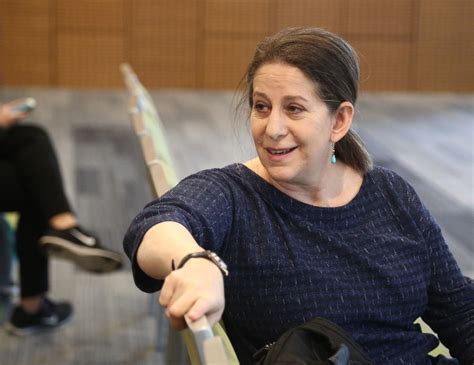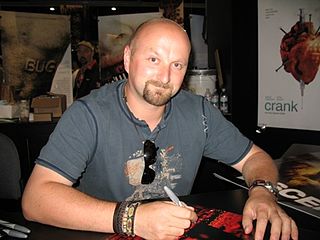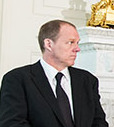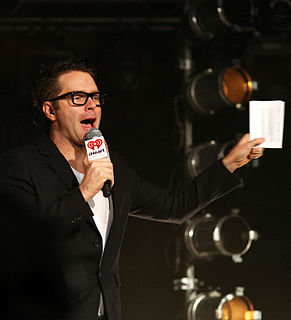A Quote by Barbara Demick
The scene that has raised the most objections in 'The Interview' is at the very end, when Kim's head dissolves into flames. To me, it feels gratuitous.
Related Quotes
And if I'm guilty of having gratuitous sex, then I'm also guilty of having gratuitous violence, and gratuitous feasting, and gratuitous description of clothes, and gratuitous heraldry, because very little of this is necessary to advance the plot. But my philosophy is that plot advancement is not what the experience of reading fiction is about. If all we care about is advancing the plot, why read novels? We can just read Cliffs Notes.
Couldn't we end this interview with what I really want to say? That what the world really needs is a real feeling of kinship -- everybody: stars, laborers, Negroes, Jews, Arabs. We are all brothers. If we could end this article saying just that, we'd get down to what we should all be talking about. Please don't make me a joke. End the interview with what I believe.
Each person shines with his or her own light. No two flames are alike. There are big flames and little flames, flames of every color. Some people’s flames are so still they don’t even flicker in the wind, while others have wild flames that fill the air with sparks. Some foolish flames neither burn nor shed light, but others blaze with life so fiercely that you can’t look at them without blinking, and if you approach you shine in the fire.
have a much harder time writing stories than novels. I need the expansiveness of a novel and the propulsive energy it provides. When I think about scene - and when I teach scene writing - I'm thinking about questions. What questions are raised by a scene? What questions are answered? What questions persist from scene to scene to scene?
On the one hand I follow a vocation because I have an ability that I should exercise, but I want to use it for a reason, because I don't see that the freedoms that I enjoy are God-given realities. So I have a very healthy, activist general tension in me which feels that no, this is not gratuitous, it is important to keep this in focus.

































